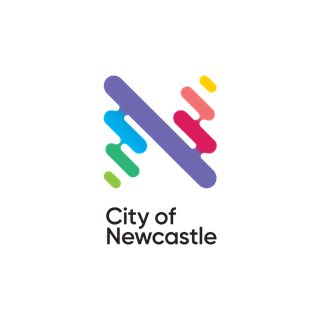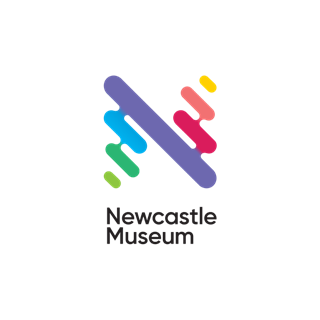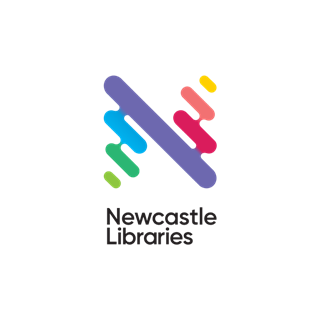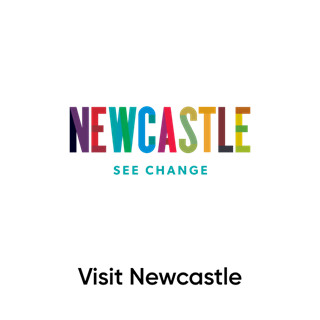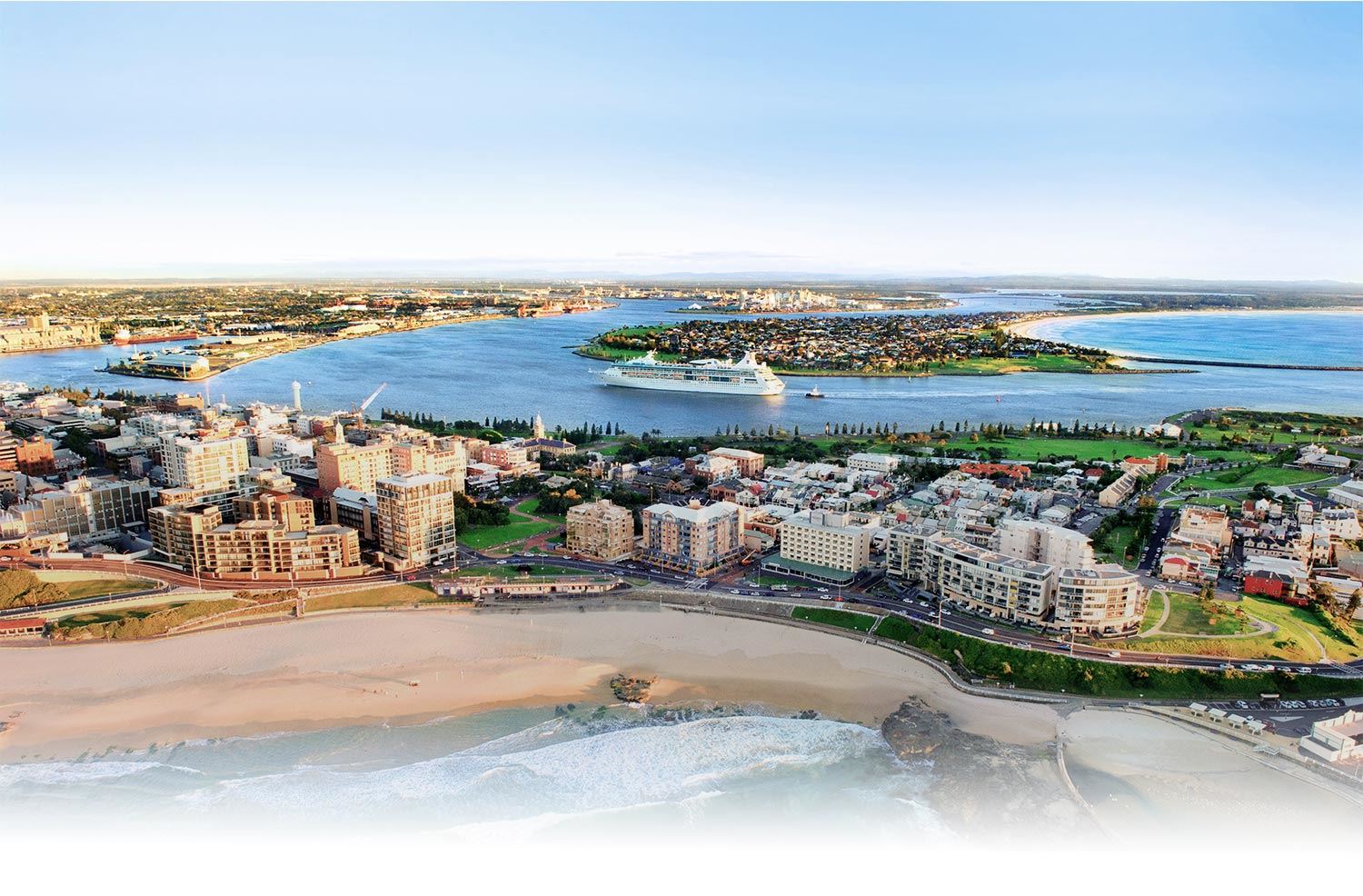
Our Organisation
Our city, our people
Newcastle is a proud community that has been shaped by our heritage.
We have survived earthquakes, superstorms and the closure of major industries, and we continue to grow and change.
The Awabakal and Worimi peoples are acknowledged as the Traditional Custodians of the land and waters of Newcastle. The tangible and intangible cultural heritage of the Awabakal and Worimi peoples continues to enrich and inform contemporary Aboriginal and non-Aboriginal communities of Newcastle and the Hunter Region.
European settlement introduced a range of activities, from farming to coal mining and industry. While the industrial sector continues to play an important employment role, a substantial and growing portion of our economy is now based around the service sector.
We are home to artists, galleries, museums, theatres, creative enterprises, arts organisations, cultural education providers, cultural collections, and a community that embraces cultural expression. We have a diverse natural environment, from coastal headlands and beaches to wetlands, mangrove forests, steep ridges and rainforest gullies. Our suburbs are also diverse – from the heritage-lined streets of Newcastle East to the leafy homes of our middle suburbs such as Lambton and Kotara, and more recent greenfield estates at Fletcher and Minmi.
Our place in the region
- Newcastle is located about 160 km north of Sydney. It is Australia’s seventh-largest city and is the centre of the Greater Newcastle Region, the largest regional centre in NSW.
- Newcastle is the economic hub of the Hunter Region, with an international profile as a major port city and a gateway to the world for the Hunter’s rich resources.
- Newcastle is home to the University of Newcastle (UoN); the John Hunter Hospital, which is the tertiary referral hospital for Northern NSW; and a number of world-class research organisations, including the Commonwealth Scientific and Industrial Research Organisation (CSIRO) Energy Centre and National Solar Energy Centre and the Hunter Medical Research Institute.
- Newcastle is the cultural heart of the Hunter Region, supporting Newcastle Art Gallery, Newcastle Museum, and the Civic Theatre and Playhouse, and hosting a diverse calendar of cultural events.
- The Hunter Regional Plan 2041, the Greater Newcastle Metropolitan Plan 2036 and the Hunter Joint Organisation Strategic Plan 2032 are the key regional development planning documents that support Newcastle. The Greater Newcastle Metropolitan Plan states that: ‘Metropolitan cities succeed and perform best when all tiers of government collaborate and work together with business, industry and community to deliver a shared vision for their city.’
Our organisation structure
City of Newcastle (CN) employs a diverse group of over 1,300 talented people with varying skills and expertise who are responsible for providing services and facilities to more than 174,000 people living in the Newcastle LGA.
The administration
The administration is organised into four Directorates and a Business Unit, each with a range of responsibilities. Our Directorates have been established as a reflection of the four themes of Newcastle 2040 to enhance the direct alignment from duties to outcomes.
The Chief Executive Officer (CEO) leads the administrative arm of CN. Reporting to the elected Council, Jeremy Bath is responsible for the efficient and effective operation of CN, and for ensuring the decisions of the elected Council are implemented.
The elected Council
A popularly elected Lord Mayor and 12 Councillors make up the elected Council. The Newcastle LGA is divided into four wards, with each ward represented by three Councillors who are elected for a four-year term.
Under the Local Government Act 1993, Councillors have a responsibility to:
- Be an active and contributing member of the governing body.
- Make considered and well-informed decisions as a member of the governing body.
- Participate in the development of the integrated planning and reporting framework.
- Represent the collective interests of residents, ratepayers and the local community.
- Facilitate communication between the local community and the governing body.
- Uphold and represent accurately the policies and decisions of the governing body.
- Make all reasonable efforts to acquire and maintain the skills necessary to perform the role of a Councillor.
A Councillor represents residents and ratepayers, provides leadership and guidance to the community, and facilitates communication between the community and CN.


